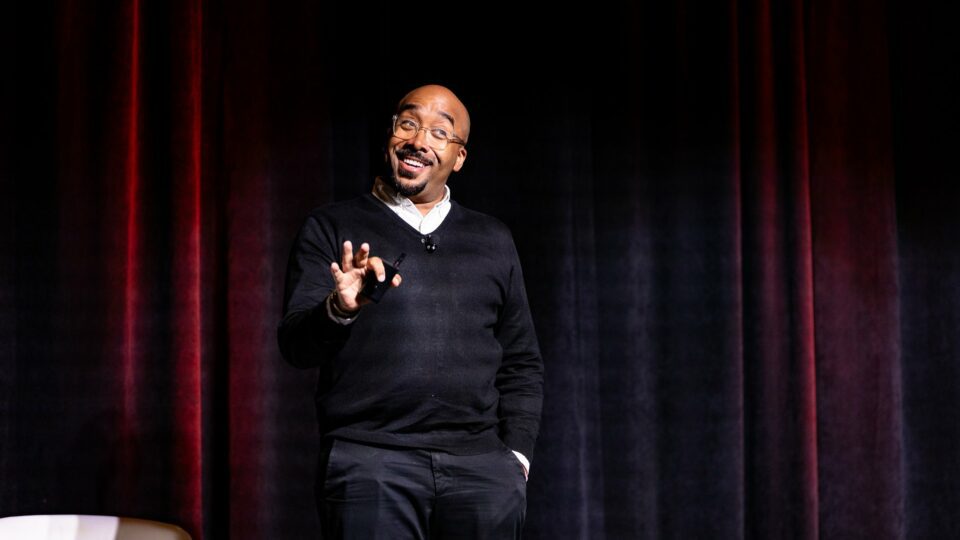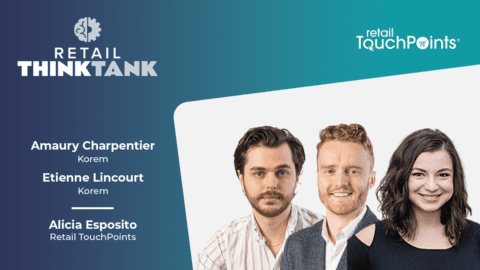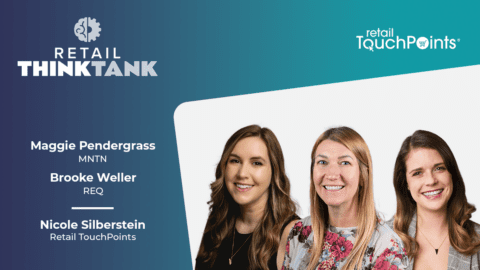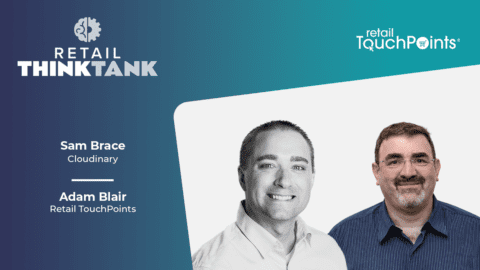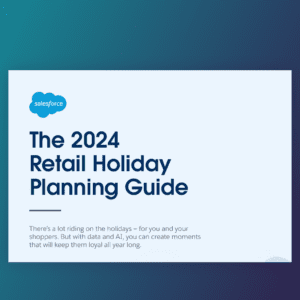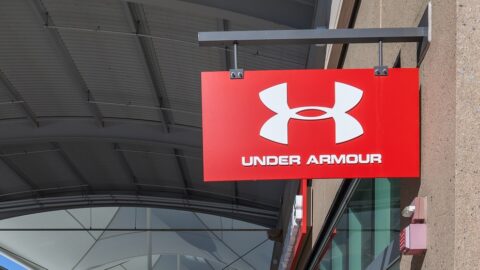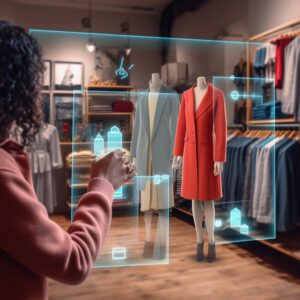It can be difficult for executives immersed in the business of retail to appreciate the cultural significance of the transactions they facilitate every day. But best-selling author and professor of marketing at the University of Michigan Dr. Marcus Collins makes a convincing case that commerce as we know it today exists almost purely because of its significance to culture. And that truth provides brands with a key to understanding — really understanding — their customers.
“For those who work in commerce, those who work in retail, those who put products in the world, culture is your biggest cheat code ever, because culture influences a customer’s social needs, which in turn is satisfied by the use and ownership of innovative products,” said Collins in the keynote session at the Retail Innovation Conference & Expo (RICE) Wednesday. “It’s not because of what these things are, but because of who these people are, and they choose brands — branded products and branded retail — as a way to signal their identity.”
In his keynote, Collins laid out exactly how brands can translate their own cultural influence into more productive consumer connections. Hint: It has nothing to do with slotting customers into convenient, but often misguided, demographic buckets.
For more coverage of #RICE24 and details about the event, check out our complete guide.
Advertisement
‘Consumption is a Cultural Act’
For centuries the act of consumption was purely functional — you acquired goods and services to meet basic needs. That began to change in the 16th century when “Queen Elizabeth had the bright idea that she would use consumption as a means of power,” Collins said. “The thinking was this — royalty would have everything, nobility would have a little less, and peasants would have nothing. Nobility would be compelled to consume in an effort to maintain their status in the social hierarchy, and for peasants the only way to move up was through consumption.”
Fast-forward through the development of corporate infrastructure and the Industrial Revolution to today, and the end result is that “from its very conception, consumption has had nothing to do with value proposition,” said Collins. “[Consumption] has almost nothing to do with features and benefits, but it has everything to do with the psychological and sociological impulses that drive us, with who we are, our identity.”
It’s easy to suss out the truth of this statement; just take a look at almost any product category, say, shoes. Shoes are a commodity — their only functional value is to protect our feet — and yet many people will spend hundreds of dollars on a pair of shoes (and in many cases, purchase dozens of pairs) with no additional functional benefit, but very significant cultural value.
And so, at its core, “consumption is a cultural act,” claimed Collins, not a transactional one as it is most often treated by retail professionals.
Ditch the Demographic ‘Hardware’ and Focus on Consumers’ Software
The obvious next question: how can this understanding help brands in their business aims? The short answer is, by focusing marketing and relationship-building efforts more on the consumer and less on what you, the brand, are offering. This can feel counterintuitive, because most of the ways that brands “understand” their customers today is through demographics — age, race, geography, affiliations — but Collins makes the argument that those data points are actually not that helpful in making a sale.
“Our job in going to market is to get people to adopt behavior: Don’t buy this, buy that; don’t go here, go there; don’t vote for him, vote for her; don’t buy those shoes, buy my shoes,” Collins said. “We are in the business of behavioral adoption. Unfortunately, our muscle memory is to put people in these boxes, but these labels that we affix to people are not real.
“We have to see people for who they are, their identity,” he added. “And why does that matter? Because the way in which we describe people gives us a sense of what they’re likely to do. Who we are informs how we see the world, which demonstrates and informs how we show up in the world. Our demographics are just the hardware — they’re easily observable, they’re easily attainable, but they don’t get insights to what people are likely to do. We don’t run on hardware; we run on the software: our identities, beliefs and ideologies.”
How McDonald’s Shifted the Cultural Conversation Around its Brand
To demonstrate how this can play out in the real world, Collins shared the example of McDonald’s. When he first began working with the brand, it was experiencing a nearly 15-year-long slump in public opinion, having become a “punching bag for everything that was wrong with the American diet.”
In 2014, McDonald’s was awarded the inauspicious title of America’s most hated company. Flash forward 10 years and the chain has once again reclaimed its status as a cultural touchstone. Collins worked from the fact that despite the tarnished McDonald’s image, it still served 68 million people per day, and he convinced the company to focus on those consumers rather than the ones that had a negative opinion of the brand.
The work began with an ethnography research tour across the country’s heartland, interviewing McDonald’s customers (who, by the way, come in virtually every age, race, profession and income level).
The result of this research was the distillation of a series of “fan truths” that appeared again and again among customers across the country. And the biggest truth that emerged was this: No matter how big or how famous you are, everyone has their own particular McDonald’s order.
“It speaks to the democratization that is McDonald’s,” said Collins. “It felt so true to the brand, while also being true to [its customers]. So we thought, let’s engage fans through this fan truth, through the celebration of famous orders by famous people.”
And that’s exactly what the brand did, beginning with a Super Bowl spot in 2020 that celebrated the McDonald’s orders of everyone from Whoopi Goldberg and Keith Urban to Julius Caesar (Caesar salad, obviously) and Back to the Future’s Marty McFly. The spot ends with the tagline: “May we take your order?”
Since that ad debuted, the brand has doubled down on the effort with a series of successful celebrity collaborations; social listening exercises that have resulted in offerings like an Adult Happy Meal, which quickly sold out; and pop culture plays like the viral Grimace shake of 2024 — all of which have successfully pivoted the McDonald’s cultural image from hated to once-again beloved.
“Everything we do is a byproduct of the social forces that are pushing on us,” said Collins, summarizing the mind shift that brands should take to have a similar impact. “Those systems make up the conventions and expertise that demarcate who we are and govern what people like us do. And what that means for [those of us] in the world of commerce is that we have to start seeing people as people. Not as customers, not as consumers, not as demographics, but as humans who see the world a certain way and navigate life accordingly. It’s just a matter of perspective.”




